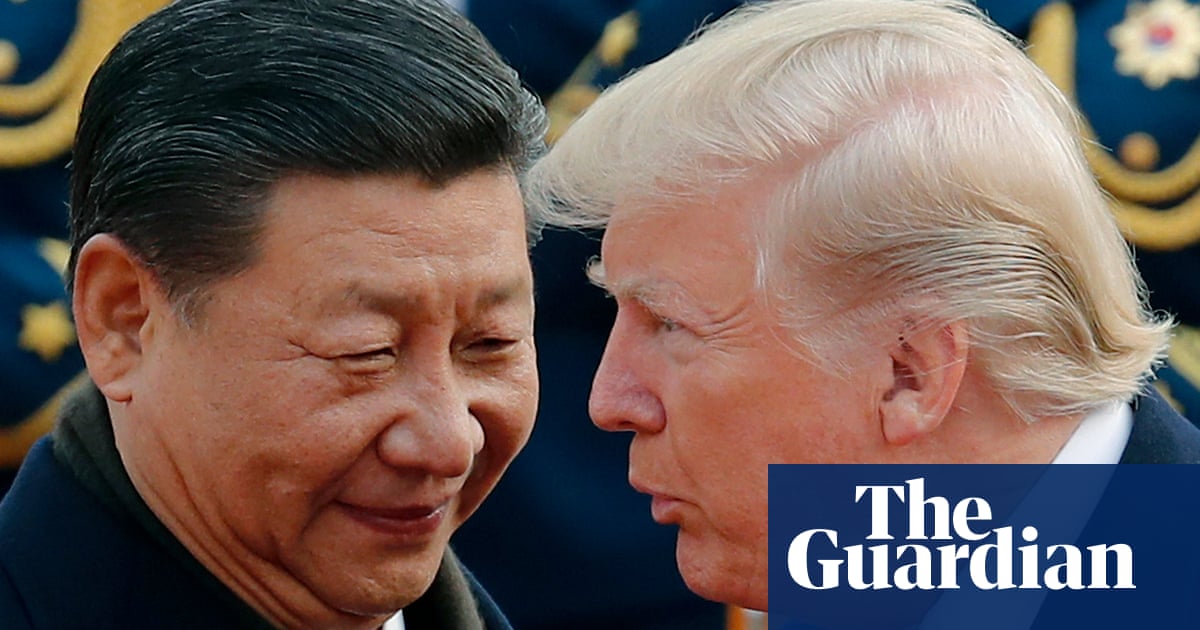Lowy Institute report shows trust in the US has tumbled to lowest level since thinktank began polling
Archived version: https://archive.is/20250615183525/https://www.theguardian.com/australia-news/2025/jun/16/lowy-poll-2025-china-us-trump-trust
Disclaimer: The article linked is from a single source with a single perspective. Make sure to cross-check information against multiple sources to get a comprehensive view on the situation.



There was a moment around the year 2000 when this might have been the case but China’s demographics and unwillingness to permit meaningful immigration will see a decline of 20-25% of their working age population over the next 30 years due to a plummeting fertility rate. This phenomenon isn’t unique to China, but China is one of the hardest hit for many reasons. A decline of hundreds of millions of workers is going to destroy their economy - especially with such a large elderly population set to retire. There is no chance they fully transition to a services based economy by then. Not even close. They still have hundreds of millions of citizens living subsistence farming lifestyles.
Now compound this with all of the structural issues like command and control policies which destroy whole industries because the dictator in charge has a mood swing, a property bubble from which they will never recover, an economy built on unnecessary public spending, and an educational system which continues to emphasise blind obedience over individualism, and I think it very difficult to believe China becomes the most “powerful” country by 2035.
China has proven itself able to change drastically and quickly. High speed rail and renewable energy. Both massive undertakings tackling massive problems for China and both done far faster and on a much larger scale than anywhere else. If there’s one country I actually trust to be proactive about securing its future, it’s China. I’ll take the wait and see approach to the supposed imminent demographic collapse
The question is, will they decline more than their competitors? Right now i think the US will decline a lot more a lot faster. And Russia will likely not even be around.
This is an excellent question. I think the major question mark hanging over this projection is the role that automation will play in the future. Both in terms of physical production, and in terms of white collar or office work. One could argue that economies which are best positioned to take advantage of automation might feel the impact of a declining workforce less, but then those same societies run the risk of high unemployment and low domestic economic demand for products and services. The balance is crucial and economies are generally slow to pivot.
Amazing to see people in 2025 who still believe in this nonsense.
Planned economics is precisely the reason why China has grown faster than India and become so dominant. Because they can control their economy for long-term human needs instead of putting everything into finance like the west.
Anyone who still thinks Xi is a dictator despite the very strong collective and decentralised governance of China doesn’t know enough about the country to pass an elementary school civics test.
The whole reason the property market bubble happened was because the Chinese government is way too decentralised. Local governments bet all in on property values as a way to boost tax revenue (land taxes are their main source of income). The central government should have stepped in way sooner, but that would have required centralising the Chinese tax base significantly, a tough thing to do because it would also require centralising public services. Not only would that require buy in from the vast number of local representatives and the national people’s congress, but it would have also interfered with the poverty alleviation campaign.
Pure neoliberal cope. I hope you are enjoying your deindustrialised austerity economy.
This is hilarious coming from westerners who have naught an original thought, only memes.
lmfao